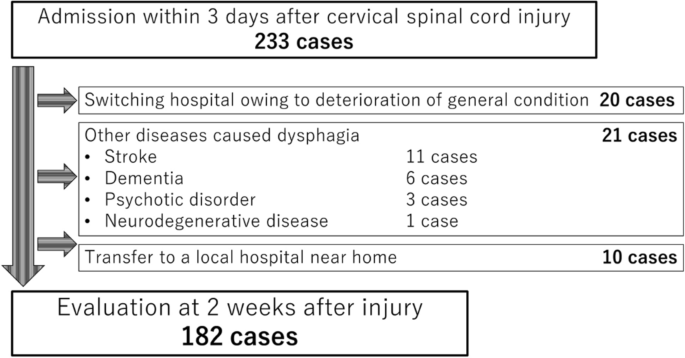
In a recent health study, researchers have highlighted the intrinsic link between poor nutritional status, severe paralysis, and pneumonia in patients with cervical spinal cord injury (CSCI). Of the 182 individuals with acute traumatic CSCI who were admitted within three days of injury and followed for a minimum of three months, 33 (18%) developed pneumonia, underscoring the concern.
Medical experts performed a comprehensive analysis reviewing patient data from October 2015 to June 2022. The focus was on identifying and evaluating pneumonia risk factors, such as nutritional status, dysphagia severity, paralysis extent, vital capacity, and use of respirators. The study emphasized the importance of immediate nutritional care following a patient’s status decline after an injury, which could be crucial in preventing pneumonia associated with spinal cord injury-induced immune depression.
Nutritional status was notably assessed using the Prognostic Nutritional Index (PNI) and the Controlling Nutritional Status (CONUT) scores, derived from blood tests conducted within the critical 72-hour window post-injury. A particular concern from this study was the observation that individuals with lower PNI and motor scores, coupled with reduced vital capacity, faced a significantly heightened risk of developing pneumonia.
Moreover, the report found that severe paralysis, reflected by motor scores below 17 points, greatly augmented pneumonia risk. A vital capacity below 1300 mL was also cited as a contributing factor.
Source: Nature.com
